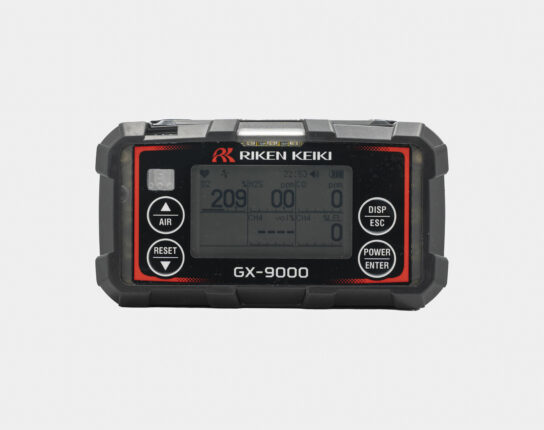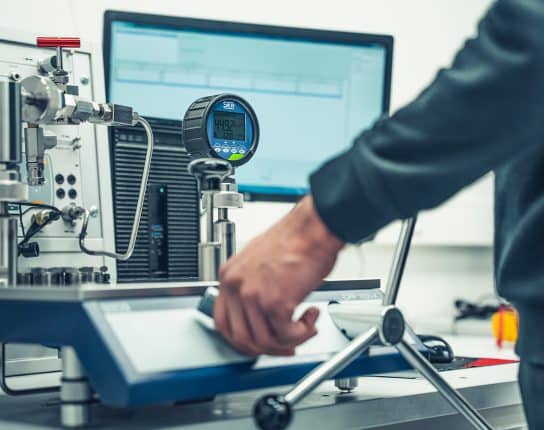
Optimise your ship's diesel engine in these 5 simple staps
Keeping your ship’s diesel engine running in top condition is essential for keeping your vessel and its crew safe. But how do you optimize a diesel engine? We have gathered the best tips and tricks to help you improve your engine’s performance and efficiency with minimal effort.
1. Understand the basics of how a diesel engine works
A diesel engine is an internal combustion engine that operates by burning diesel fuel to generate power. It works by converting chemical energy stored in diesel fuel into thermal energy and then using it to turn a crank shaft which powers the ship. While diesel engines come in various shapes and sizes, they all have four main parts – cylinders, pistons, valves, and crankshaft. The cylinders are filled with diesel fuel which is ignited from the heat generated from compressing air resulting in a chain of combustion events each generating power. The pistons move up and down within the crank case, driving the valves which open and close allowing more diesel fuel inside to produce efficient combustion of diesel used to power the ship’s propeller.
2. Check and clean your air filter regularly
An important step in ensuring the ship’s diesel engine runs correctly and efficiently is to check and clean the air filter regularly. Without a properly functioning air filter, there is an increased risk of the diesel engine running inefficiently or having too much pollution, resulting in costly repairs. Keeping an eye on the air filter also prevents harm to seals, pistons, and other components of a diesel engine.
3. Keep an eye on your ship’s diesel engine oil levels
One of the most important tasks when it comes to maintaining a reliable ship’s diesel engine is checking the oil levels regularly. Make sure to check them at least once a week, or even more often if the ship is on longer routes. If the oil levels are low, then add more oil until they reach the correct level. This will help ensure that your engine stays lubricated and runs smoothly.
4. Use the correct grade of engine oil
Ensuring you use the correct grade of engine oil typically depends on the climate and setting in which it is used. For example, if you are operating a diesel-powered ship in hot weather, then an oil that can handle higher temperatures may be required for optimal performance. On the other hand, an oil specially designed for diesel engines at cooler temperatures would be better suited for colder climates and seasons. The wrong grade can cause engine sludge that can create blockages, resulting in damage to your diesel engine. To get the best performance out of your diesel engine, make sure that you are using the correct API grade oil as specified by the manufacturer.
5. Check all hoses, pipes and fittings for leaks an corrosion
Leaky components or corroded parts can cause significant damage to an engine over time. Make sure that you check all components regularly for signs of wear and tear, such as leaking hoses or gaskets, cracked seals, or corrosion on metal components. If any of these issues are found, they should be replaced immediately to avoid damage to your diesel engine.
The right tools for your ship’s diesel engine
Optimizing your diesel engine doesn’t have to be difficult. By regularly checking oil levels, cleaning fuel filters every few months, and keeping an eye out for leaks or corrosion, you can keep your vessel running smoothly. Having the right tools on hand makes the process easier too. The PREMET X is a great tool that can help you take care of the aspects of diesel maintenance with ease. This instrument gives you the opportunity to fine tune your engine to a higher efficiency resulting in lower costs. Compatible with low-, medium- and high-speed engines the PREMET is the perfect system to optimize your fuel injections to reduce fuel consumption but also to avoid repairs and damages as part of a condition monitoring regime.
Related
More of the same



